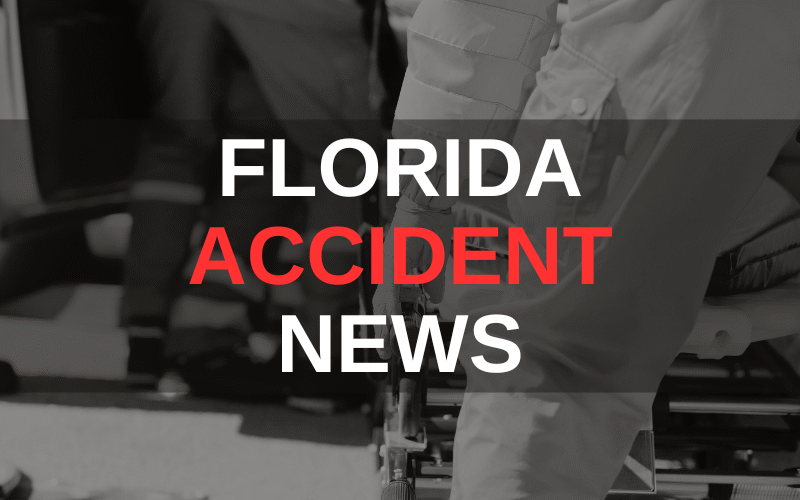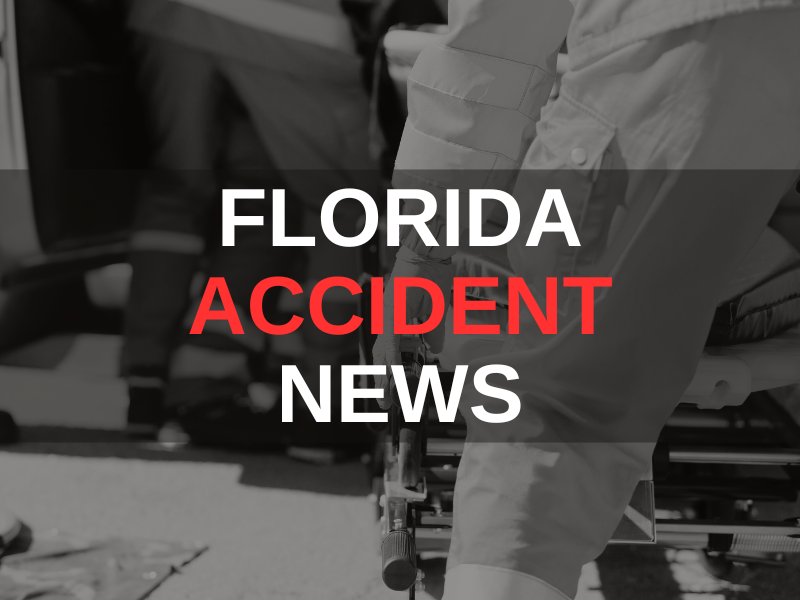Clearwater, FL — Clearwater Ferry Crash Sparks Calls for Action, Safety Concerns
15May
Clearwater, FL (May 15th, 2025) – Public calls for justice continue following a tragic boating accident that occurred in Clearwater, Florida, last month. A 37-foot recreational vessel collided with a Clearwater Ferry carrying approximately 45 passengers. The ferry crash resulted in the death of a 41-year-old man and injured ten others. At this time, no charges have been filed against the recreational boater or ferry operator.

Florida’s coastal waters attract millions of boaters every year. However, as recreational boating continues to surge in popularity, so do the risks. Clearwater, known for its beaches, boating charters, and waterfront tourism, has become one of the state’s most active boating hubs. With that activity comes a higher chance of collisions, injuries, and tragic outcomes.
Table of Contents
Boating Accidents Are Common in Florida
Florida regularly ranks first in the nation for recreational boating accidents. With its year-round boating weather, busy coastal waters, and high number of registered vessels, it’s no surprise that hundreds of crashes are reported across the state each year. Clearwater, with its proximity to the Gulf and its steady flow of tourist traffic, is a high-risk area for both locals and visitors.
These accidents range from minor collisions to deadly crashes, like the one involving the Clearwater Ferry. While each case is different, investigators and personal injury lawyers often see the same contributing factors. Some of the most common of these include:
Operator Inattention
Many boating crashes happen because the person operating the vessel simply isn’t paying attention. Distractions on the water, such as checking GPS, handling fishing gear, or talking to passengers, can lead to delayed reactions or total failure to notice hazards. When a boat operator is distracted, they may not see other vessels, swimmers, or navigational markers in time to avoid a collision.
Improper Lookout
Under Florida and maritime law, every vessel must maintain a proper lookout by sight and hearing. This isn’t just a guideline. It’s a legal duty. Failing to designate someone to keep watch for other boats, obstacles, or changes in weather can create serious risks, especially in congested waterways like those around Clearwater Beach.
Excessive Speed
Operating a boat at high speed, especially in low-visibility conditions or in busy channels, can make it nearly impossible to avoid other vessels or hazards. A civil lawsuit filed by an injured passenger against the recreational boater in the recent ferry crash alleges that he was traveling too fast to respond to the ferry’s position, causing the fatal accident. Speeding reduces reaction time and also increases the severity of any resulting collision.
Boating Under the Influence (BUI)
Alcohol is a major factor in many serious boating crashes. Florida law treats boating under the influence much like driving under the influence: it’s a criminal offense, and it significantly increases the risk of injury or death. Even small amounts of alcohol can impair judgment and reaction time on the water.
While the recreational boater passed a sobriety test in the Clearwater case, BUI remains one of the leading causes of fatal crashes statewide.
Poor Visibility or Lighting Conditions
Many crashes occur at night or during low-light conditions, when vessels are harder to see. Every boat must be properly lit after sunset to avoid collisions. A key question in the Clearwater Ferry crash is whether the ferry had its running lights on at the time of the accident. The man operating the recreational boat that struck the ferry claims it was not. Failure to comply with lighting requirements can shift or share liability, even in crashes caused by another boater.
Operator Inexperience
Not all boat operators understand the rules of navigation, the handling characteristics of their vessel, or how to respond in emergency situations. Florida does not require a boating license for everyone, and many recreational boaters have minimal training. When inexperienced operators take to crowded waters without proper knowledge or skill, accidents are more likely.
Legal Standards That Apply to Florida Boat Crashes
Establishing fault after a boat crash typically depends on the legal theory of negligence. Under Florida law, a person injured in a boat accident must prove that the other party owed a duty of care, breached that duty, and caused the injuries.
In cases like the Clearwater ferry crash, the legal analysis may also involve maritime law. If the accident took place on navigable waters and involved a commercial vessel (such as a ferry), both Florida law and federal maritime law may apply.
Boat operators are also legally required to remain at the scene if a crash causes injury or death. Under state law, boaters have a duty to render aid and report serious accidents. Leaving the scene could potentially result in felony charges, depending on the outcome of the investigation.
Who Can Be Held Responsible?
Boat accident cases often involve more than just the vessel’s driver. Multiple parties may be liable, depending on the circumstances. These can include:
- Boat owners, if they allowed an unqualified or reckless person to operate the vessel
- Employers, if the boat was being operated as part of someone’s job
- Manufacturers, in the rare event that equipment failure contributed to the crash
- Commercial operators, including ferry companies, for failing to follow safety protocols
- Public entities, if faulty lighting or poor waterway maintenance played a role
Liability may shift depending on the outcome of the official investigation, but early reports and the civil complaint point primarily to operator error by the recreational boater.
What Compensation Can Victims Pursue?
Victims of boating accidents in Florida may be entitled to compensation for a range of damages, including:
- Medical bills and future medical care
- Lost income and reduced earning capacity
- Pain and suffering
- Mental anguish
- Loss of enjoyment of life
- Permanent disability or disfigurement
In the case of a wrongful death, state law also allows surviving family members to recover for funeral expenses, loss of companionship, and the decedent’s lost income. For example, the family of the ferry passenger killed in the Clearwater boating accident may have a valid wrongful death claim, though no such action has been reported as of now.
Our Clearwater boat accident attorneys at Light & Wyatt Law Group have over 30 years of experience representing individuals and families harmed by negligence on Florida’s waterways. We handle claims involving recreational boat crashes, commercial vessel collisions, and wrongful death. To discuss your legal options in a free consultation, contact our office today at 727-499-9900.
